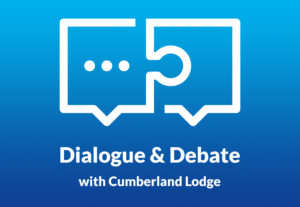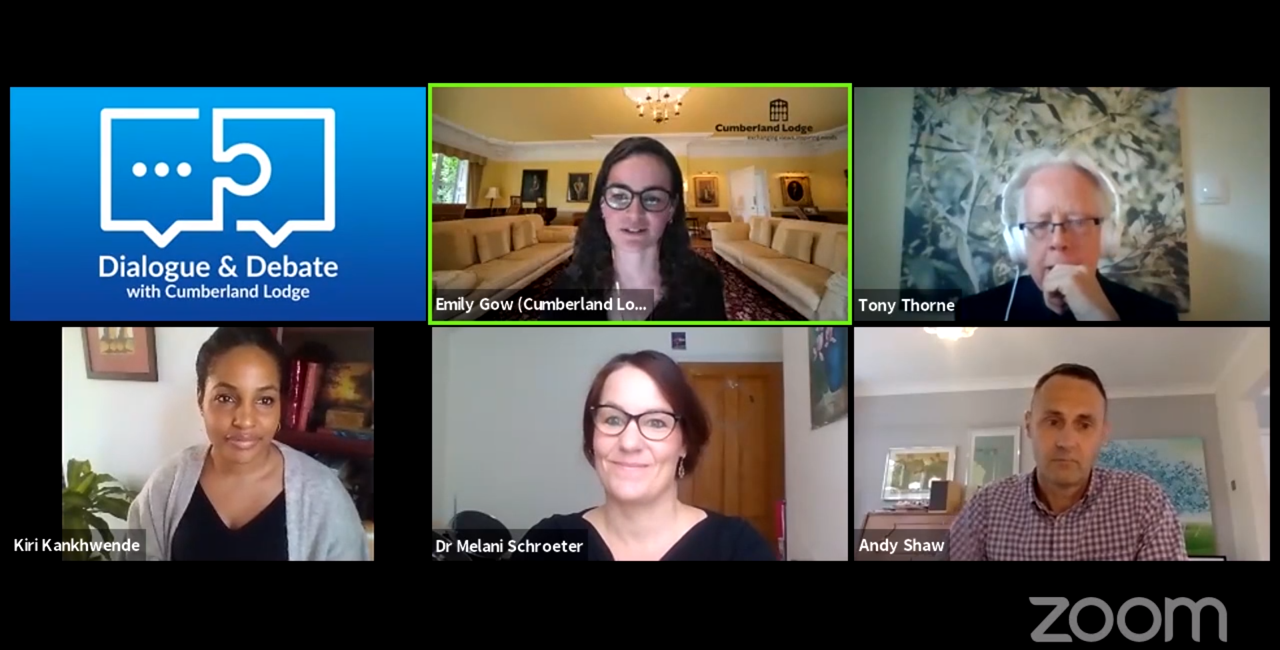In this Dialogue & Debate webinar entitled ‘Mind your Language!’, Cumberland Lodge explored the complex politics behind language and terminology.
The discussion tackled questions about the control and regulation of language, and considered the role of the Government, the media and minority groups in deciding what is deemed to be ‘Politically Correct’.
Guest panellists
This webinar was presented by Cumberland Lodge’s Programme Officer, Emily Gow, who has a background in linguistics.
The guest panellists were:
- Kiri Kankhwende – Freelance journalist, and Trustee, Index on Censorship
- Dr Melani Schroeter – Associate Professor in Linguistics, University of Reading
- Andy Shaw – Co-founder, Comedy Unleashed
- Tony Thorne – Author, linguist and lexicographer
The diverse panellists offered a multidisciplinary approach to the topic. In this blog I examine three important aspects of the discussion: political correctness, the ‘BAME’ (Black, Asian and minority ethnic) acronym, and young people and language.
Political correctness
A key theme of the webinar was political correctness and the risk or fear of causing offence. Melani Shroeter started by framing the debates surrounding political correctness. She stated that, at its core, political correctness raises questions about people’s intentions, identity, the social construction of language, and the relationship ‘between language and power’ or who is able to ‘redraw the line’ of what is acceptable discourse in the public sphere.
As for people’s intentions, Kiri Kankhwende pointed out the difference between the spoken and the written word. For example, something could potentially come across as ‘incredibly harsh’ in writing, simply because of the bluntness of ‘a full stop’, which could distort the intended meaning of somebody’s words.
With regards to identity and language being socially constructed, Melani detailed the ‘reappropriation’ of the term ‘queer’: once a derogatory word used as an insult, it has now been given a positive meaning by the LGBTQ+ community. This demonstrates the fluidity of politically correct words or phrases and indicates the propensity of language to evolve.
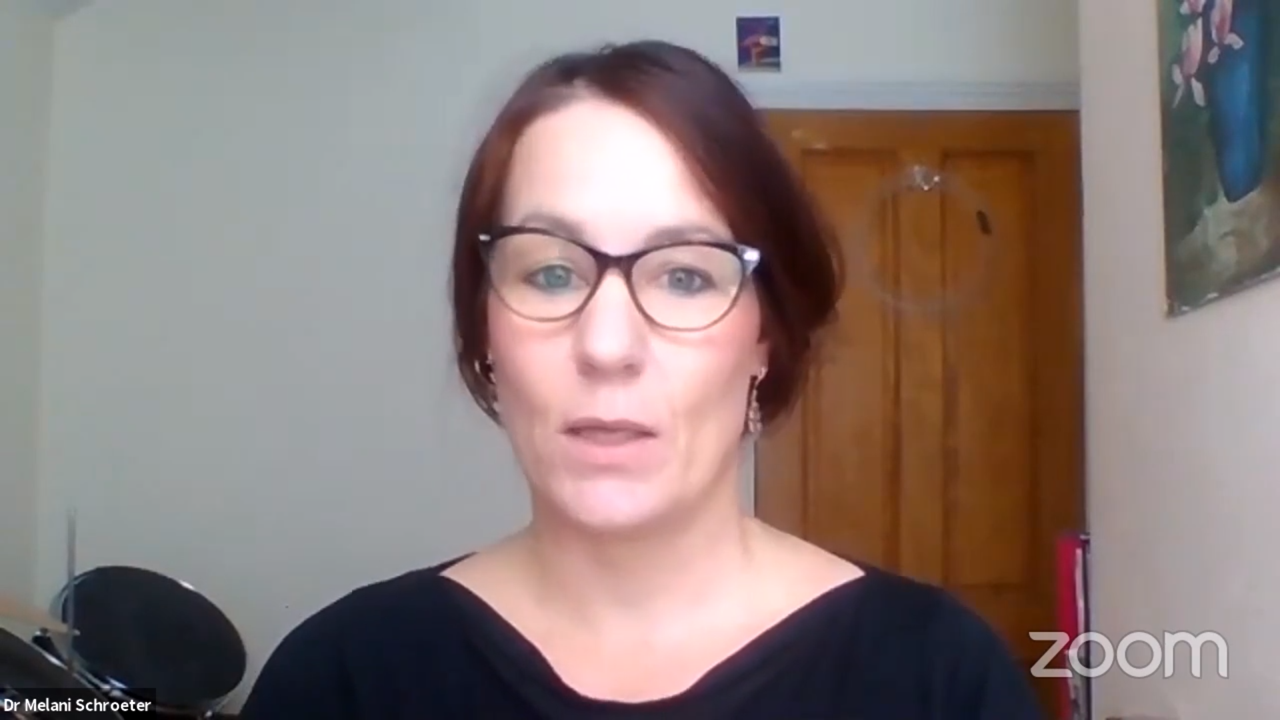
In terms of having the power to ‘redraw the line’ of what is acceptable, Andy Shaw suggested that many institutions currently have ‘rudderless’ leadership and he lamented the removal of material designed to be comedic but later deemed offensive— for example, the Fawlty Towers episode removed from UKTV in June 2020. Andy explained that the controversial character involved was intended as a bigot, to be laughed at, rather than with — a nuance he worries is being lost as people increasingly fail to appreciate satire.
Tony Thorne called for the abandonment of expressions like ‘politically correct’ in favour of terms such as ‘compassionate language’ or ‘empathetic language.’ It is possible that something like this might happen in the future, given that, as Kiri suggested, political correctness is something that preoccupies the the ‘older generation’ much more than younger people.

BAME (Black, Asian and minority ethnic)
Another issue discussed in the webinar was the controversy surrounding the term Black, Asian and Minority Ethnic (‘BAME’ for short). BAME has become a standard acronym, used regularly in governmental documentation and in the media. However, opponents to the term have argued that it is not as useful as was once believed.
Tony states that part of the difficulty in finding appropriate language is that we are living in a period that sociologists and anthropologists have labelled ‘superdiversity’, a term that attempts to describe the complex mix of different groups and identities in our society. In such a society, there is no single authority on issues of ethnicity, sexuality or gender identity.
The practical implication of having ‘multiple authorities’ on topics as contentious as ethnicity is that non-specialists can find it difficult to know which ‘labels’ to apply to different groups. Whilst it is true that acronyms such as ‘BAME’ can lead to generalisations, the panellists agreed that there is no widely accepted alternative at the moment. Kiri called on writers to, ‘explain your decision for using a particular term’ and to use that kind of ‘transparency’ to help build trust between author and reader.
There was a call for people to be more direct in their speech, rather than hiding behind euphemisms. Kiri stated that people can become frustrated when a collective term (such as Black or Asian) is used instead of referring to a specific group: ‘If you mean Black, just say Black; if you mean Chinese, just say Chinese!’
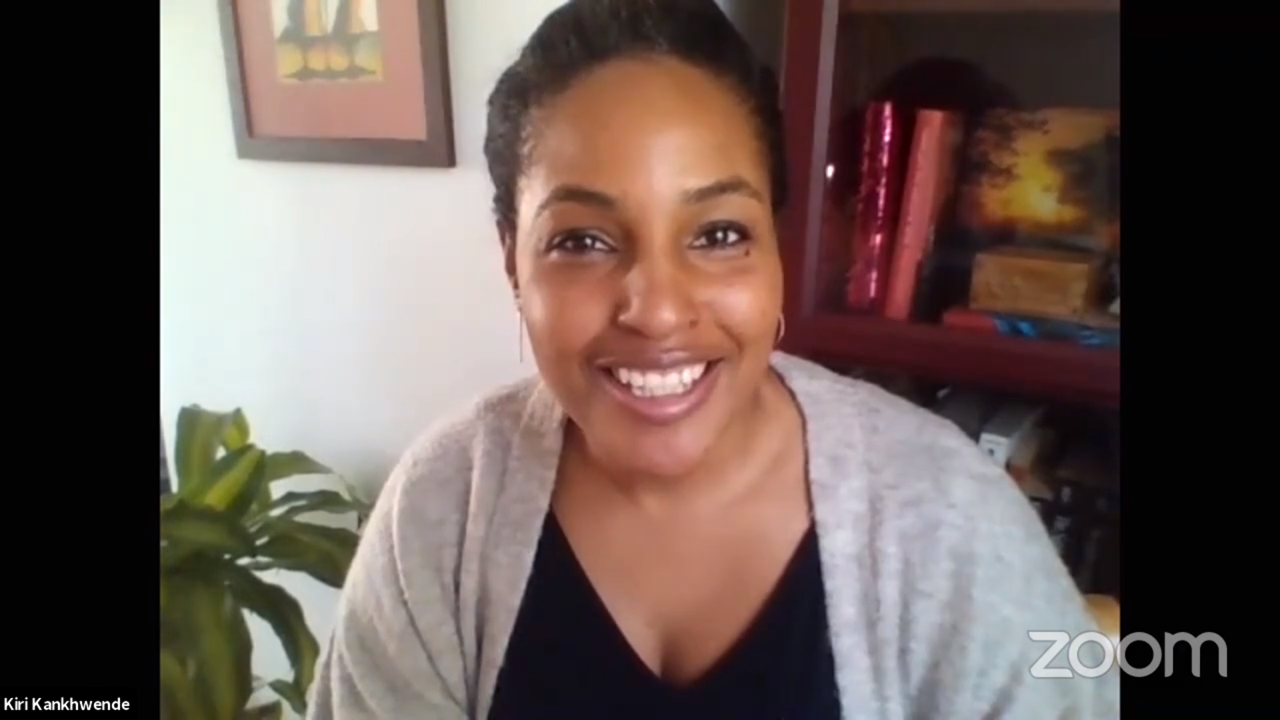
Melani added that people in minority ethnic groups need to be part of the conversation about identity. They should be given the opportunity to ‘self-define’ rather than have labels imposed upon them by external groups.
Andy agreed that he finds descriptors like ‘BAME’ problematic, arguing that two individuals from vastly different backgrounds and lived experiences can be placed into the same category, creating an artificial link between the two that does not exist outside of the boundaries of the acronym.
Young people and language
Young people and their relationship to language was another common theme of the webinar. Andy was in favour of encouraging young people to have the ‘confidence’ to ‘think for themselves’ so that they can ‘articulate what they want’ in a persuasive and productive way.
This idea tied in well with the discussion about the distinct ways in which younger people use language — namely, through slang. Tony, whilst admitting he was not attempting to be ‘down with the kids’, said that slang should not be viewed by older people as ‘defective or deficient’ but actually, in many ways, shares its linguistic structure with creative literature and poetry, and in the proper context is a crucial part of language’s evolution.
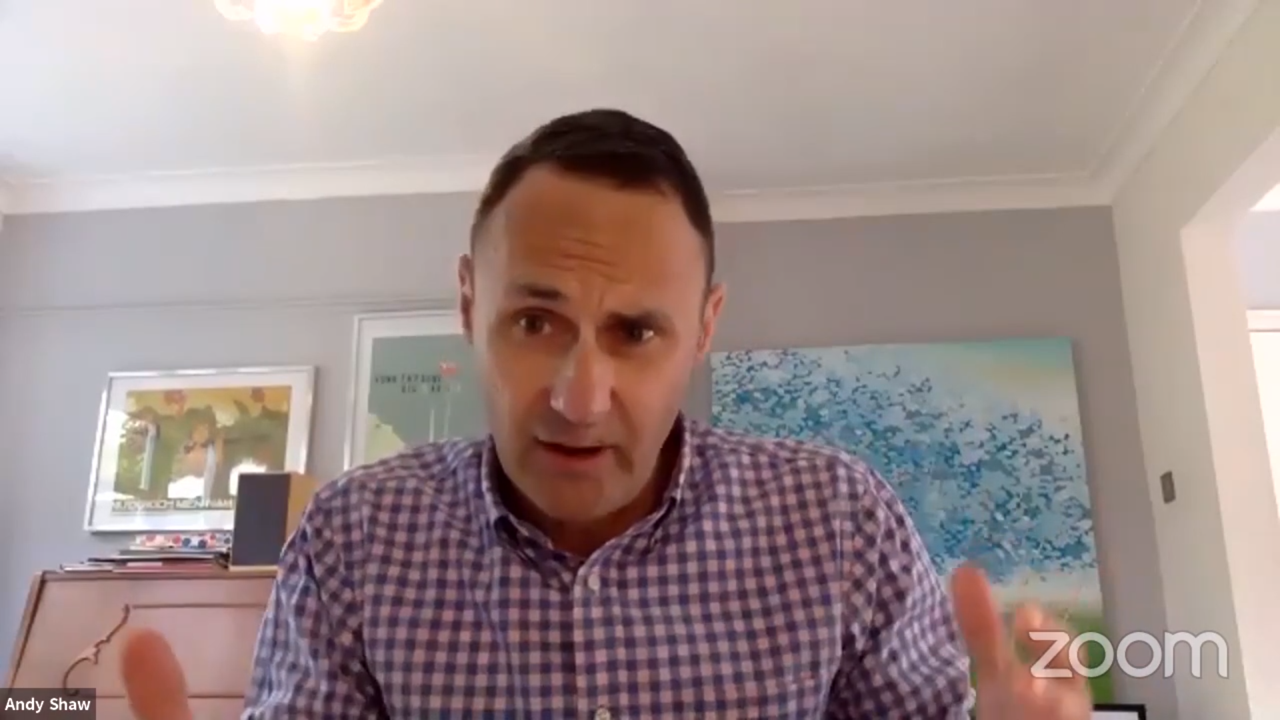
Kiri pointed to new words such as ‘woke’, which have arisen in a community that is predominantly young and Black. ‘Woke’ can mean, amongst other things, being alive to your history and to social issues. Kiri described a backlash against ‘Wokeism’ from the traditional media, but pointed out that ‘”Wokeism” is not a thing.’
This is an important point: sometimes the language of young people is misrepresented in the media, or an expression such as ‘woke the meaning of which is quite loose and dynamic within the community it originated from — can be labelled an ‘-ism’ by another group and thus given a more formalised meaning than that which exists in reality.
Conclusion
As a PhD student whose topic requires the analysis of reported speech, I can agree with Tony when he says: ‘We take language very much for granted’ and that discussions such as this one open our eyes to the underlying power of language. The panellists were insightful and each topic that was touched upon could easily open an avenue to a future webinar series of its own.
Language, like society, is not static. Both change, and as they do, I think we need to be prepared to change with them. New generations will bring with them new words, phrases and ideas, and these will synthesise with established forms of language to create new ways of communicating. It is a rewarding endeavour to gain a deeper understanding of the language we use every day and the effects it can have on different communities.
However, as well as paying attention to the language we use, I think it is vital to remember that language is not just something we speak, it is also something we hear, and we should be ready to listen to others.
